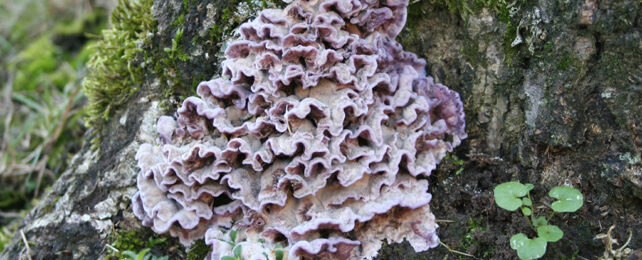Dave did mention that they may have to use a one-time emergency treatment of chemical pesticide at Wiley because the field is in such poor condition but they will attempt the natural biological treatments first and see how they work. Unlike pesticides, natural treatments do not require the field to be shut down.
Marla wondered whether we could use nematodes for the grub issue. Dave said they are tricky to use in our climate zone — they have to be put down only during a certain timeframe and they don’t always survive the transport — and he doesn’t use them. He said he would use a Natural Plant Protection product (there is another product but he wants to see it used firsthand before using it).
Another Maine Town Goes Pesticide-Free
(Beyond Pesticides, September 29, 2011) The town of Scarborough, Maine joins the ever-growing list of communities in Maine and around the country that have decided to ditch conventional, chemical-intensive landscape management practices on public properties in favor of a more sustainable approach. The town Council Members passed a Pest Management Policy last week which prohibits the use of synthetic or chemical pesticides on town-owned property, including schools, sidewalks, athletic fields, parks, and rights of ways. In addition to banning synthetic pesticides, the policy also creates a Pest Management Advisory Committee to help implement and oversee the program and the use of web and signs to notify residents when any products are used.
According to local paper The Forecaster, the group Citizens for a Green Scarborough, led by Marla Zando, has been working with the town’s Ordinance Committee since January to create a policy to ban the use of synthetic pesticides. The policy was modeled after similar policies in the towns of Rockport and Camden, Maine.
Some opponents of the policy, including some landscapers and a city councilor, expressed concern that the new policy will be more costly than chemical lawn care. However, there are plenty of successful and cost-effective programs across the country that prove that you can maintain turf without the use toxic chemicals. Some examples include: New York State Parks; Chicago City Parks; 29 communities and townships in New Jersey; at least 17 cities in the Northwest, covering more than 50 parks; and, numerous communities throughout Massachusetts, Maine and Connecticut.
Additionally, a March 2010 report concludes that organic approaches can save money after the first two years of implementation, as the soil biology improves. The report compares the relative costs of maintaining a typical high school football field using a chemical-intensive program and a natural (organic) program over a five-year period and finds that the annual cost of maintaining an organic field can be as much as 25% lower than the cost of chemical-based programs.
Eliminating toxic pesticides is important in lawn and landscape management, considering that of the 30 most commonly used lawn pesticides: 14 are probable or possible carcinogens, 13 are linked with birth defects, 21 with reproductive effects, 15 with neurotoxicity, 26 with liver or kidney damage, and 27 are sensitizers and/or irritants. The most popular and widely used lawn chemical 2,4-D, which kills broad leaf weeds like dandelions, is an endocrine disruptor with predicted human health risks ranging from changes in estrogen and testosterone levels, thyroid problems, prostate cancer and reproductive abnormalities. 2,4-D has also been linked to non-Hodgkin’s lymphoma. Other lawn chemicals like glyphosate (RoundUp) have also been linked to serious adverse chronic effects in humans. Imidacloprid, another pesticide growing in popularity, has been implicated in bee toxicity and the recent Colony Collapse Disorder (CCD) phenomena.
TAKE ACTION: Community activism is the best way to get your town to adopt such a policy. For assistance in proposing a policy to your city council (or its equivalent), contact Beyond Pesticides at info@beyondpesticides.org or 202-543-5450. For more information on being a part of the growing organic lawn care movement, see Beyond Pesticides Lawns and Landscapes program page. Let your neighbors know your lawn and garden are organic by displaying a Pesticide Free Zone sign.
Source: The Forecaster
All unattributed positions and opinions in this piece are those of Beyond Pesticides.
http://www.beyondpesticides.org/dailynewsblog/?p=6059
![]()







